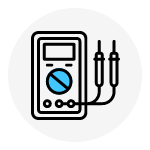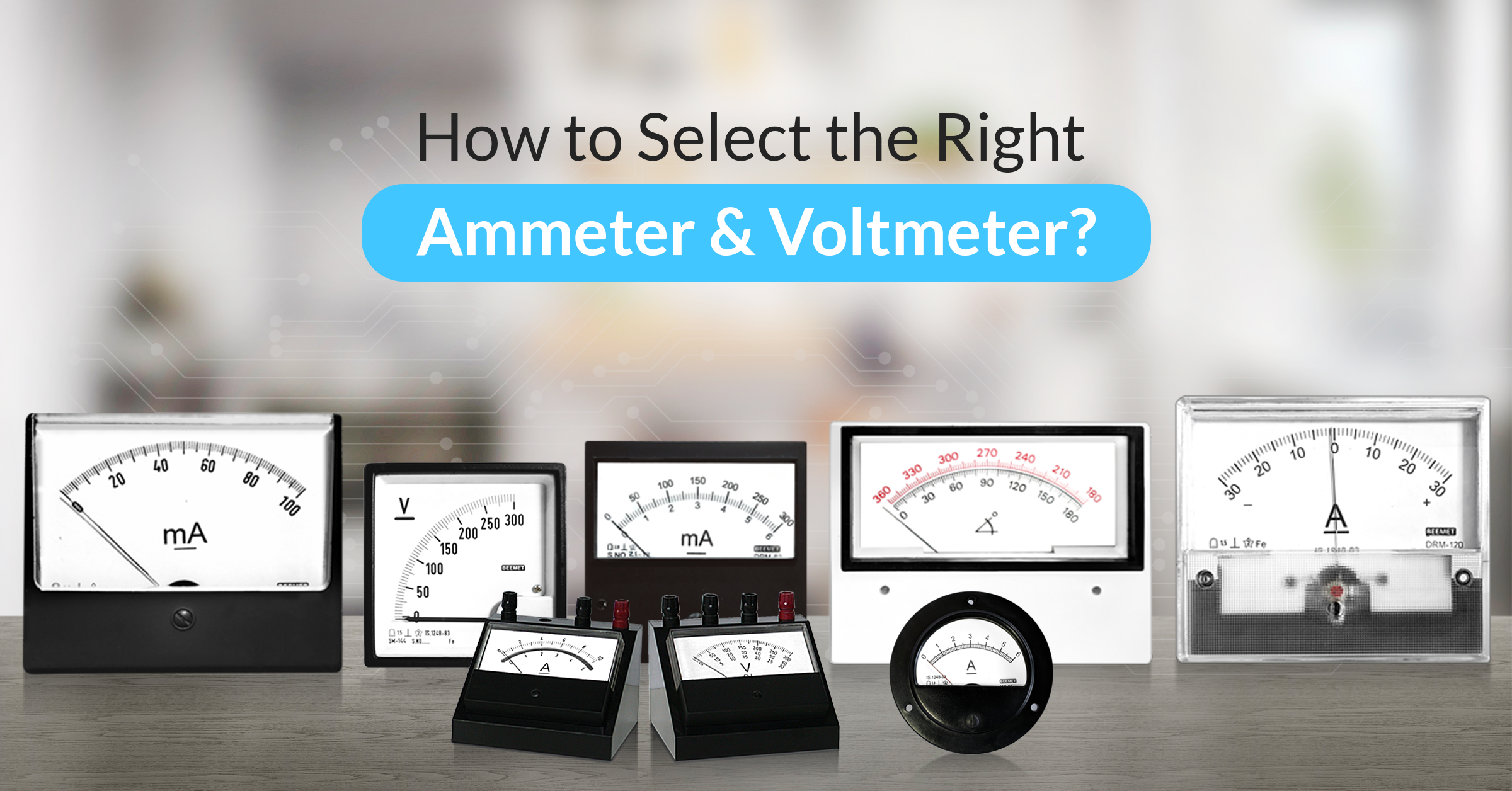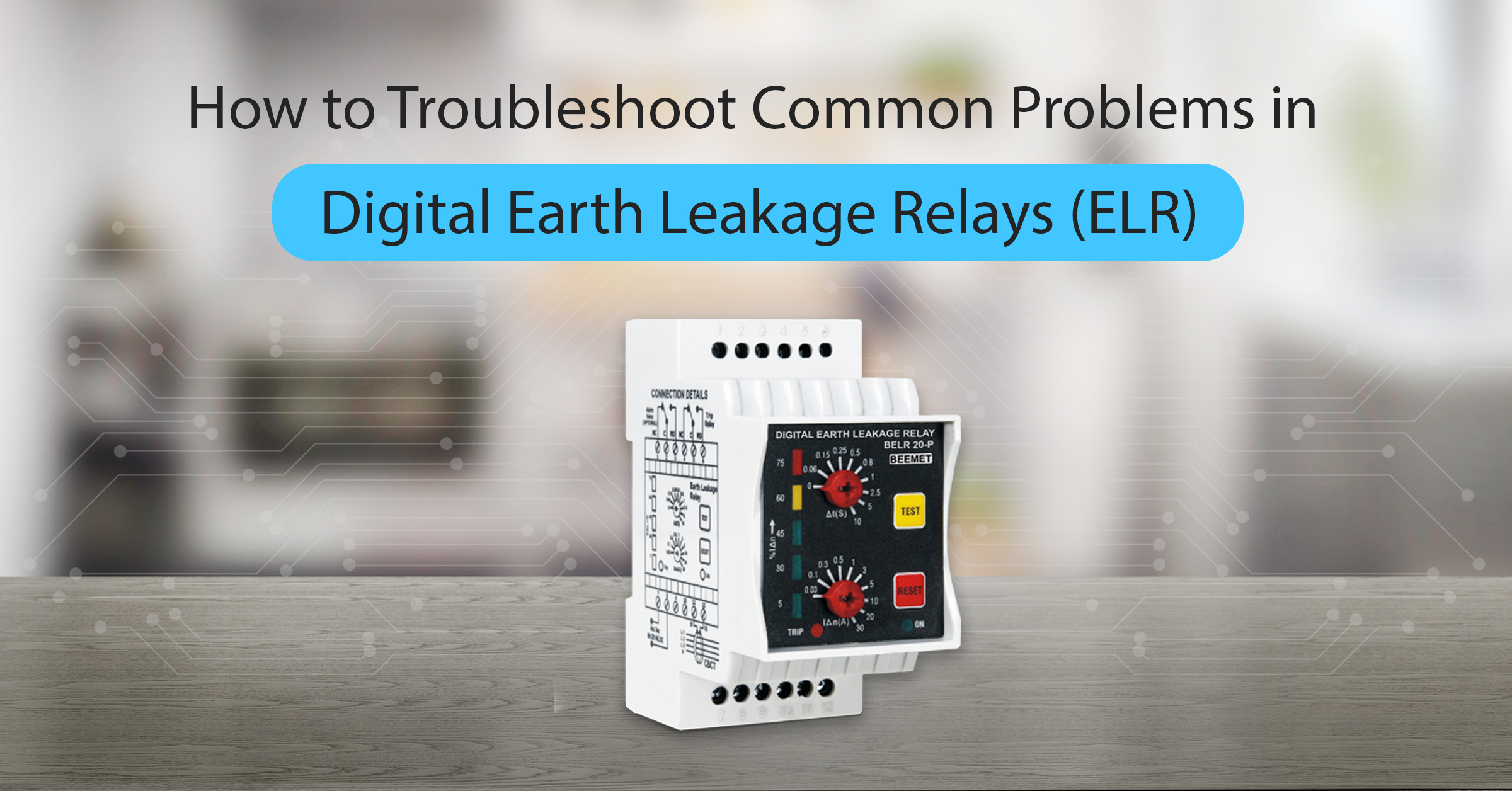Selecting the right instruments is the key to performing accurate electrical measurements. Ammeters and voltmeters perform different functions. Whether you’re an electrician or an engineer, having the correct instruments ensures reliable data, effective troubleshooting, and proper monitoring of electrical systems. Read this blog to know how to select the right ammeter and voltmeter.
Key Differences Between Ammeters & Voltmeters

1. Usage
Ammeter measures the current flowing through an electrical appliance or system. The unit of current measurement is amperes (A). Voltmeter measures the voltage drop across an electrical load. The potential difference is measured in volts (V).

2. Working
Ammeter is always connected in line with the current flowing in the circuit, it is placed in series in the circuit. Voltmeter is placed across two points in the circuit, it is placed in parallel in the circuit.
Factors to Consider While Selecting Ammeters & Voltmeters
There are various types of ammeters and voltmeters available in the market. Analog ammeters and voltmeters use a moving pointer or needle to indicate the measured value on a scale. Digital ammeters and voltmeters provide numerical readings on a digital display, offering higher precision and additional features like data storage and communication capabilities.
- Determine the expected current and voltage ranges in the circuits you will be working with to ensure that the chosen instruments can handle those values. This is important to avoid measurement errors or instrument damage.
- Consider whether you need to measure AC or DC currents/voltages.
- Another important consideration is the required accuracy and resolution for your measurements. The level of precision needed depends on the specific application. If you are working on sensitive electronics, for example, you may require higher accuracy and resolution than for general electrical measurements.
- It is also important to weigh in size, portability, safety features and environmental conditions
Which Instrument Should You Select – AC or DC?
Choosing the right type of instrument is important and hence, it is important to know the pros and cons of both analog and digital instruments.
Pros of Analog Instruments
- Analog instruments provide a continuous display and can be easier to read at a glance.
- Analog instruments are cost-effective options if you want regular monitoring of current and voltage in the same circuit. These instruments provide continuous monitoring.
Cons of Analog Instruments
- Lower accuracy
Pros of Digital Instruments
- Digital instruments offer versatility as they can measure various parameters and may provide advanced features like data storage and communication interfaces.
- High accuracy & precise measurements.

Range Selection & Auto-Ranging Capability
Range selection allows manual adjustment of the instrument's measurement range to match the expected values, while auto-ranging instruments automatically select the appropriate range based on the measured value. Auto-ranging instruments can simplify the measurement process, especially when working with a wide range of currents or voltages.

Consider Your Budget
Budget is an important factor while selecting a voltmeter of ammeter. You need to determine the amount you’re willing to spend and the quality and functionality you desire. Instruments having advanced features may be expensive. You need to evaluate the importance accuracy and reliability for your specific application and allocate your budget accordingly. It is worth investing in reliable instruments that provide accurate measurements and long-term durability, as they will yield more accurate and consistent results.

Compare Different Brands & Models
Once you have identified your specific requirements and allocated budget, conduct thorough research to compare different brands and models of ammeters and voltmeters. If you’re buying online, you can research about the best products on online forums or read reviews and testimonials about the shortlisted brands.
Conclusion
After considering all the factors mentioned above, you can select voltmeters and ammeters that best fit your budget and have the desired features. BEEMET is a reputable company specializing in the manufacturing of voltmeters and ammeters. With a strong focus on quality, accuracy, and innovation, BEEMET has established itself as a trusted brand in the electrical measurement industry. Our electrical products are user-friendly and durable.
If you want to learn about Ammeters and Voltmeters in depth. Check out our dedicated blogs on the respective electrical instruments.



